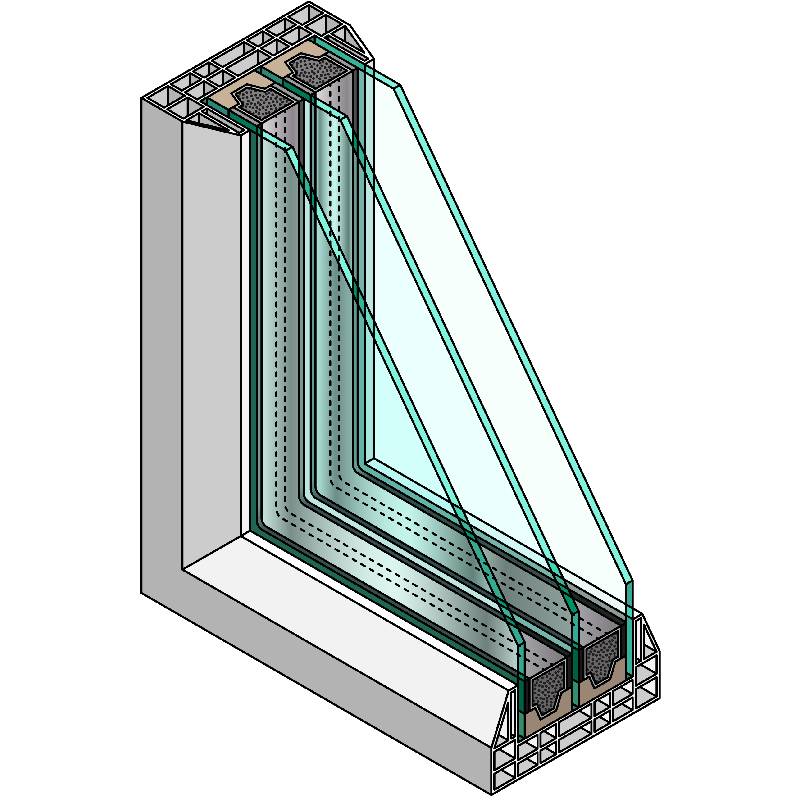

Exploring the Versatility of 6mm Float Glass
Float glass, a product of the glass manufacturing process that employs the principle of buoyancy, has become a staple in the construction and design industries. Among the various thicknesses available, 6mm float glass has garnered significant attention due to its balance of strength, clarity, and versatility. This article delves into the properties, applications, and advantages of 6mm float glass, illustrating why it has emerged as a popular choice for architects and designers alike.
Understanding Float Glass
Float glass is produced by floating molten glass on a bed of molten tin. This process results in a smooth, flat surface with a uniform thickness. The resultant glass possesses excellent optical clarity, making it ideal for various applications where visibility and brightness are essential. The “6mm” designation refers to the thickness of the glass sheet, which is considered a medium thickness in the spectrum of glass options available.
One of the primary characteristics of 6mm float glass is its strength relative to its weight. At approximately 15-18 kg per square meter, it offers a good balance for structural applications without being overly heavy. This makes it a favored choice in many situations, from residential to commercial use.
Applications of 6mm Float Glass
The versatility of 6mm float glass allows it to be utilized in a broad array of applications
. In the architectural realm, it is commonly used for windows, facades, and curtain walls. Its clarity provides an unobstructed view, making it perfect for buildings where natural light is a priority. Additionally, it can be treated or coated to enhance thermal insulation or energy efficiency, addressing the increasing demand for sustainable building materials.In interior design, 6mm float glass is often used for partitions, shower enclosures, and tabletops. Its aesthetic appeal and ease of cleaning make it a popular choice in modern design. The glass can also be tempered or laminated for added safety, particularly in areas where it may be subjected to impact or stress.

Furthermore, 6mm float glass is frequently used in the manufacturing of furniture, such as glass shelves and display cases. The stability and aesthetic qualities allow for seamless integration into various interior themes, enhancing the overall look of spaces without overwhelming them.
Advantages of 6mm Float Glass
One of the standout benefits of 6mm float glass is its outstanding clarity and light transmission. It allows maximum natural light while providing adequate visibility for both occupants and passersby. This quality is crucial for businesses aiming to create inviting spaces, as well as for homes that wish to embrace Light and airiness.
Moreover, float glass is also relatively affordable compared to other glass types, making it an economically viable option for builders and renovators. Its durability and resistance to weathering further enhance its appeal, ensuring longevity in outdoor applications.
In case of breakage, when tempered or laminated, it is less likely to shatter into sharp shards, thus providing a safety advantage over single-pane glass.
Conclusion
In conclusion, 6mm float glass embodies a harmonious combination of aesthetic qualities, functional properties, and versatility. Its clear appearance and practicality make it a cornerstone in modern architecture and design. Whether in residential buildings, commercial spaces, or interior designs, 6mm float glass continues to play a crucial role in shaping the way we experience our environments. As sustainability and efficiency remain at the forefront of construction trends, the popularity of float glass—particularly in the 6mm thickness—will likely endure, evolving to meet the demands of innovative design and functionality.